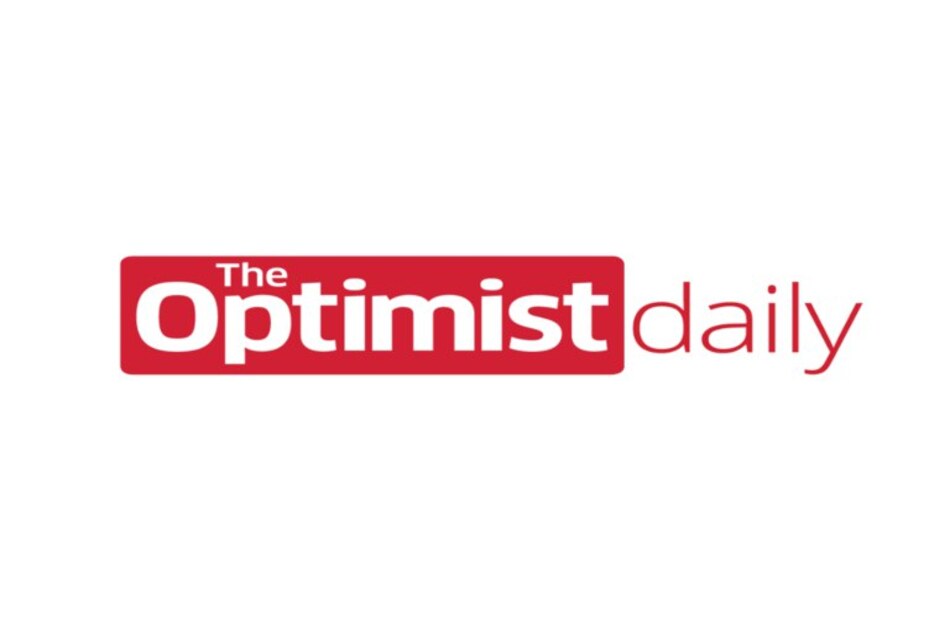Many aspects of the professional sports world are still quite male-centric, especially when it comes to training and nutrition regimens. As the world of female athletics continues to grow and expand, many athletes and researchers are realizing that the standard methods for male athletes are not necessarily the right approach for female athletes. Sex-specific sports medicine is a growing field that acknowledges and addresses the physiological differences between female and male bodies for improved female performance in sports.
Dr. Kate Ackerman, a previous college athlete herself, grew curious about the impact of factors like menstruation and birth control on athletic performance while at school, but at the time, very little was known about the relationship between the female body and athletic performance. Specifically, little was known about what is now called the relative energy deficiency in sport, or RED-S, conditions which result from under-fueling and manifest in symptoms like amenorrhea (a lack of menstrual periods), bone-thinning osteoporosis, and disordered eating.
Now, after a decade of research, Ackerman has uncovered a whole realm of female-specific athletic training methods based on research about female physiology factors. One big myth disbanded by her research is the idea that thinner is better when it comes to athletic performance. Multiple studies now indicate that an adequate nutrition profile is a more powerful performance determinant than body mass index. She recommends that athletes experiencing symptoms of RED-S start by increasing caloric intake and then experiment with different nutrient intake combinations to find the optimal combination for the highest performance.
Another big factor only now being looked at is the impact of menstruation on performance. Female athletes are often uncomfortable talking about the effect of menstruation on performance, especially with male coaches, but acknowledging its impact can actually help athletes continue to perform even during their menstrual cycle. Alicia Glass, a senior sport dietitian for the US Olympic Committee tells NPR that she recommends eating anti-inflammatory foods like strawberries, raspberries, and other fruits and vegetables to prevent cramping and indulge in well-timed, small quantities of dark chocolate to manage sugar cravings.
Track and field athlete Annie Kunz tells NPR that earlier in her career she focused on calorie restriction and carbohydrate avoidance to boost performance. Despite her efforts, she constantly felt fatigued and unmotivated during training. After she decided to start training for heptathlons, she began working with a sex-specific sports medicine expert. She upped her caloric intake, began tracking her menstrual cycle, and started focusing on getting stronger rather than leaner. She will be representing Team USA in the heptathlon in Tokyo this week.
“Athletes should care about staying healthy and not getting injured. So focusing on the wellness side — of being able to manage the workload, complete the whole phase of training, and feel really good about it — that’s really where the focus should be,” says Ackerman. “The health and performance, not the numbers.”












